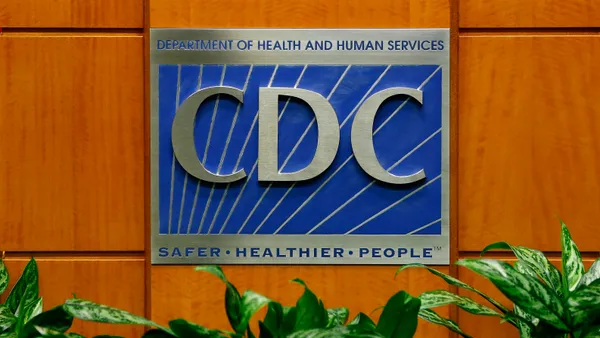Dive Brief:
-
The World Health Organization (WHO) has called an end to the global health emergency over Zika, according to The New York Times.
-
WHO will treat Zika as an ongoing threat as it does with other mosquito-borne diseases like malaria and yellow fever.
- Some public health experts believe the WHO decision could lead some governments to prematurely scale back efforts aimed at fighting the spread of Zika.
Dive Insight:
WHO declared a state of emergency over Zika on February 1 as cases spread through nearly every country in the Western Hemisphere. However, the international public health watchdog has reversed that decision, although it does not consider the crisis over.
Since the beginning of the year, government agencies and public health organizations have sprung into action in response to the spread of Zika. More than 30,000 cases of Zika had been confirmed in the U.S. as of October 26, according to CDC data collected by the Washington Post.
The new stance taken by WHO doesn’t mean government agencies and public health officials should lose their vigilance. WHO will continue working with countries to address Zika outbreaks as they occur and local governments can still declare emergencies.
The change in status has raised some eyebrows. The response to Zika has already been lethargic, Dr. Lawrence Gostin, director of the Georgetown University Institute for National and Global Health Law, told The New York Times. He believes the decision could encourage governments to unwisely turn their attention away from Zika.











